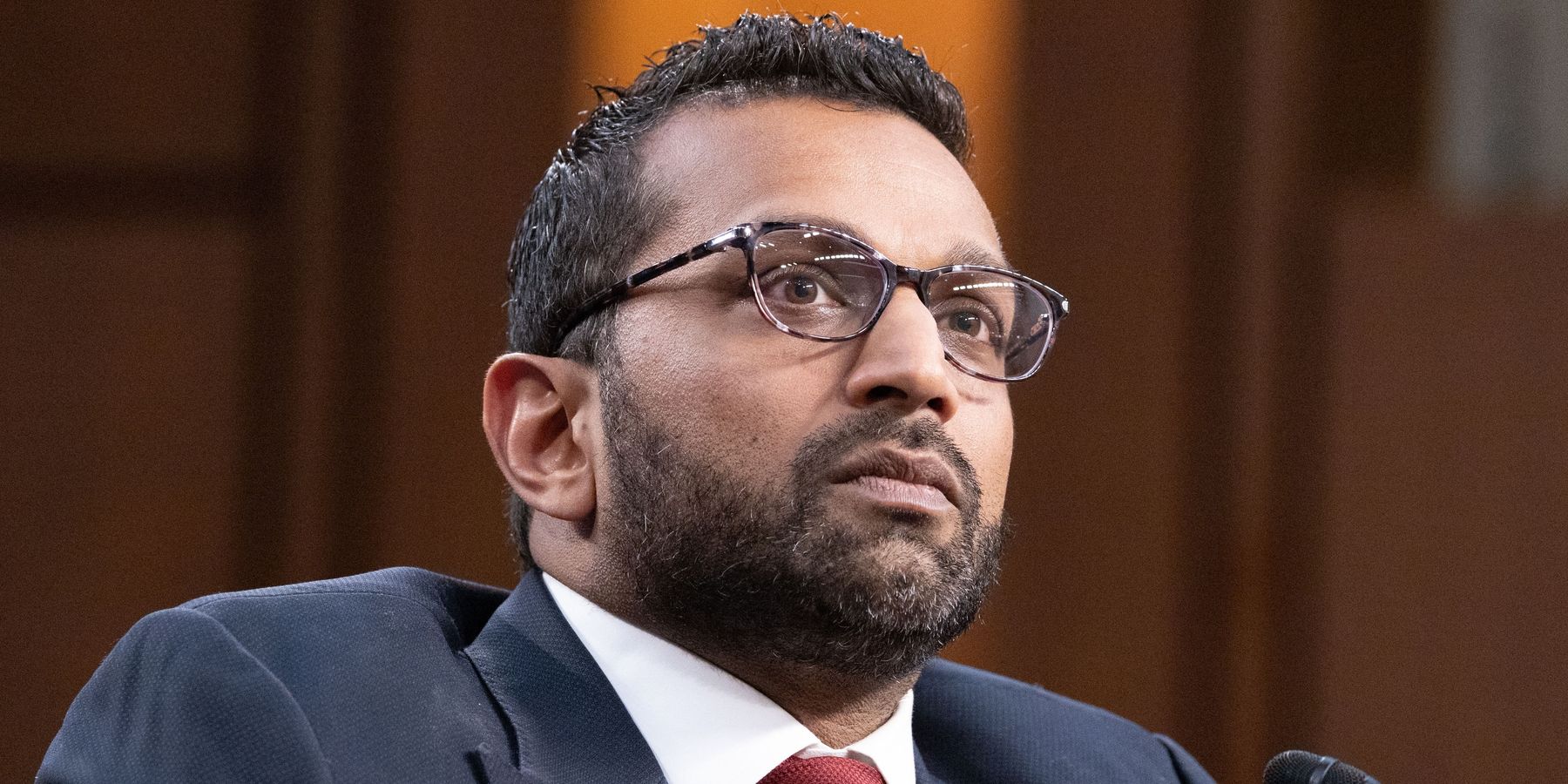FBI Director Kash Patel promised that he wouldn’t touch any work related to the country of Qatar — until very recently, a lucrative client of his. Now, only a few months into the job, he’s had a change of heart and is already handling official FBI business related to the Gulf country.
After his confirmation hearing, Patel revealed that he worked as a consultant for the Embassy of Qatar until November. Dylan Hedtler-Gaudette, Acting Vice President of Policy & Government Affairs at Project on Government Oversight, explained to RS that federal regulations stipulate that executive branch employees should recuse themselves on issues related to their former employers for a period of one year.
However, employees can avoid this requirement by simply obtaining a waiver — or, as Hedtler-Gaudette put it, “activating the escape hatch.”
According to the new disclosure filing, Patel received this waiver from his agency’s ethics officer for a particular matter related to Qatar on March 4. The new disclosure does not specify what work or case Patel’s waiver is for — but if official FBI business involving Qatar is landing on the Director’s desk and it’s worth asking for a waiver over, it’s a good sign the work carries some weight.
In his ethics disclosure from before his confirmation hearing, Patel pledged to avoid actual and apparent conflicts of interests; “I will not participate personally and substantially in any particular matter involving specific parties in which I know a former client of mine is a party or represents a party for a period of one year after I last provided service to that client or until the client satisfies any outstanding bill, whichever is later, unless I am first authorized to participate.”
It turns out those last seven words did most of the heavylifting.
“This waiver should never have been granted,” Craig Holman, Government Affairs Lobbyist for Public Citizen, told RS. “There is no reason why Patel has to address whatever specific issue this is relating to Qatar when he can just delegate it to someone else in the FBI.”
Patel’s consulting business, Trishul LLC, earned a neat $2.1 million according to his financial disclosure. The Embassy of Qatar is listed as one of nine clients, though it does not provide a breakdown as to how much Patel received from each client. Other clients include a Kremlin-connected Russian filmmaker and the Chinese e-commerce platform Shein.
Patel first began working for Qatar shortly after leaving the Trump administration, where his last post was as chief of staff to the secretary of defense. A source with familiarity of his work explained to RS that Patel signed a contract to advise Qatar on security issues ahead of the World Cup. When the World Cup ended, Patel pivoted to advising the Qatar Embassy on counterterrorism issues and election monitoring, even identifying potential personnel in a future Trump administration.
Patel himself has not released a statement explaining the nature of his work for the Qatari Embassy, leaving some to wonder if he should have registered under the Foreign Agents Registration Act. “Based on everything I have seen, it seems like he probably should have registered as a foreign agent,” explained Hedtler-Gaudette. “If it walks like a duck and quacks like a duck, it probably was a foreign agent,” he added.
In February, Attorney General Pam Bondi — herself a former lobbyist for Qatar — released a memo stating that FARA would only be enforced in cases of “traditional espionage.”
The FBI investigates everything from terrorism to public corruption, including a number of probes which involve foreign governments, leaving no shortage of possibilities of what the waiver could be for. Holman explained that if and when Qatar’s name does pop up in the FBI building again, Patel is likely to seek another waiver. “And, it’s likely to be granted.”
The FBI is also responsible for carrying out investigations into foreign influence; in January, Bob Menendez was sentenced to 11 years in prison for bribery and foreign agent charges. As part of that case, Menendez accepted gold and F1 tickets, among other gifts, in exchange for using his influence to help a New Jersey real estate developer obtain millions of dollars from a Qatari investment fund. On the other hand, Qatar has also been a key partner in negotiating the release of hostages and a ceasefire in Gaza in which security agencies were part of many of the sensitive talks they had — without the specifics of what the waiver for it's impossible to say.
But all of this begs the question — what did Patel seek a waiver for exactly?"
- New Report Details $174 Million in Foreign Funding to D.C. Think Tanks ›
- Lobbyists win: Bondi memo guts foreign meddling law ›
















